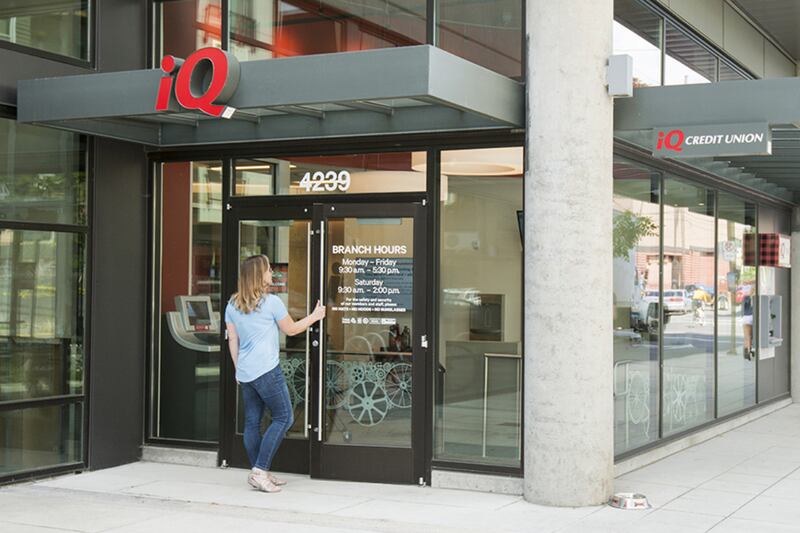Sponsored Content presented by iQ Credit Union
We’ve all been guilty of impulsive spending, whether it be online shopping or a late night fast food fix. While maintaining any sort of savings when living paycheck to paycheck seems impossible, all it takes is adopting some smarter spending strategies into your lifestyle. But you don’t have to do it alone. iQ Credit Union, which has 15 branches throughout Portland and southwest Washington, can help you create a personalized savings plan that caters to your specific financial situation. By focusing on how to be smarter with your money, you can set yourself up for success by avoiding unnecessary expenses. iQ has provided the following user guide to help you alleviate your financial woes while also putting some extra money into your pocket.
Budget to zero
If you’re prone to spending more than you’re earning, a zero-based budgeting method— where you allocate your expenses so that everything you spend and save each month equals your exact monthly income—could help you stay on track. To implement this method, total your monthly income and then assign a budget to specific categories such as rent payments, groceries, bills, insurance, an emergency fund, etc. In addition, create categories for putting away savings towards bigger financial goals, like a car or a house down payment.
Use a budgeting checklist like this one created by iQ to help you organize your monthly spending. The idea is to make use of every penny you earn so that by the end of the month what you spend/save equals zero. This isn’t to say that you can’t create a category for fun things like dining out or vacations, but using the zero-based budgeting method allows you to also save while you spend.

Save for a goal
Having short and long term financial goals in mind can help keep your eyes on the prize, whether you’re putting away money towards a retirement fund or a weekend getaway. Saving up for a home? Use a calculating tool like iQ’s to figure out what you can afford and then establish a timeline goal to help keep you accountable. Refer to the budget checklist you created to see which categories you can cut back on and make sure to put additional sources of money like bonus checks and tax refunds towards your savings. If you don’t want to be bothered with manually transferring money into your savings account every month, consider setting up monthly automatic transfers between your checking and savings account so you don’t have to think about it. With a little time, finding ways to budget and cut down on expenses, such as creating a monthly grocery spending cap or conserving water and electricity use to decrease utility costs, will go a long way.
Make sure your bank accounts are paying you well
Get a bigger bang for your buck by enrolling in a plan like iQ’s Easy Saver debit card program so that you can save while you spend. For instance, every time you make a purchase using your iQ debit card, iQ will round up the purchase to the nearest dollar and stash away the difference into your savings account. Another point to keep in mind is to look for a checking account with good interest rates. While big banks often charge maintenance fees and have a high minimum balance requirement, credit unions like iQ typically offer better interest rates on accounts with no monthly balance fees or minimum balance requirement and typically offer better interest rates and account options with no monthly balance fees. Look for good interest rates for checking accounts, like iQ’s Intelligent Checking, which offers some of the highest interest rates available.
Pay off your debts wisely
It’s easy to fall into debt—nearly every household carries debt, whether it’s mortgage or student loans. Since most households have debt spread across credit cards, and other accounts, it can easily spiral out of control. The faster you pay off debt, the less you’ll be paying on interest, and you’ll have more money left in your pocket. It’s all about being strategic. For example, make sure to pay off debt that has the highest interest rates first and then work your way down. On the other hand, consolidating debt would allow you to combine all the money you owe into a single payment with lower interest rates, which in the end will be easier to pay off. If you’re unsure how to get started, iQ’s debt consolidation guidebook is a great place to get advice on how to efficiently pay off debt.
Learn more about how to save by visiting iQcu.com. iQ is federally insured by the NCUA.
